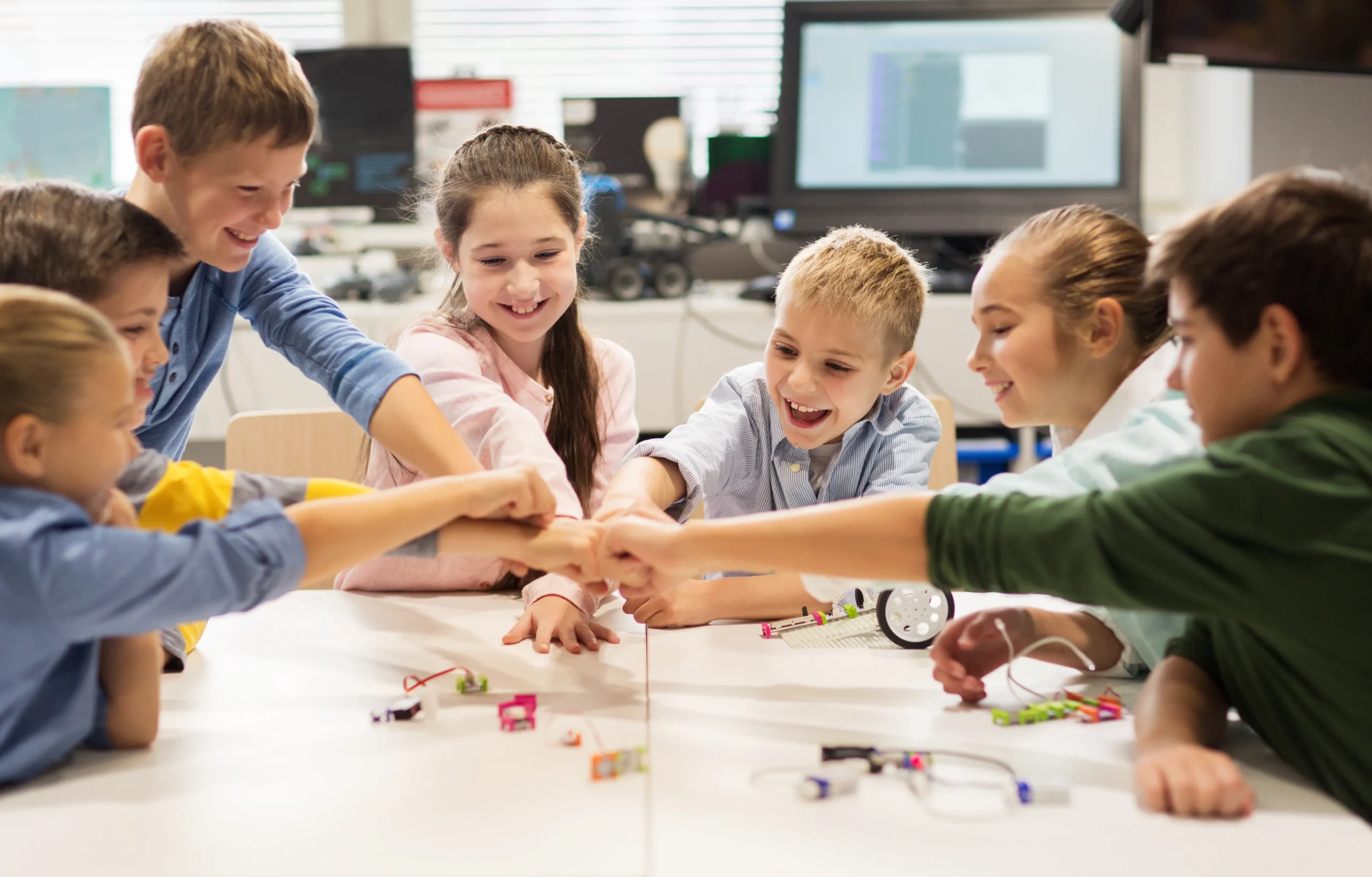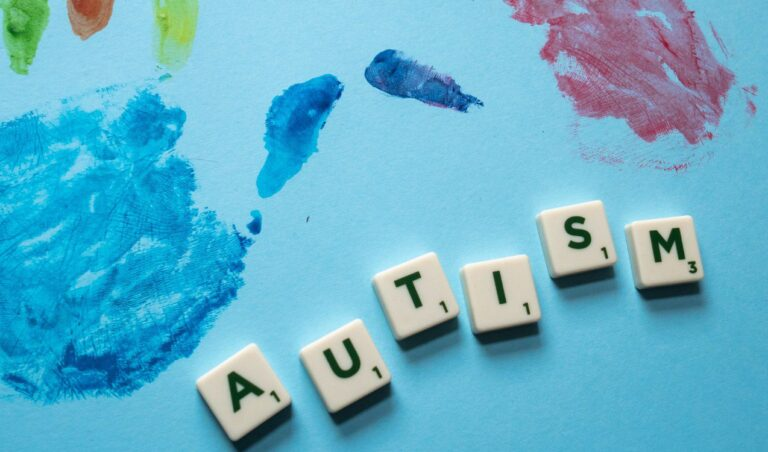Learning in kindergarten sets the foundation for a child’s future education. At this age, children learn best when they are having fun. Free learning games offer an exciting way for kindergarteners to explore new ideas while playing. These games use bright colors, sounds, and simple challenges to keep children interested.
Parents and teachers can use these games easily because they are free and available online. In this article, we will look at five important advantages of free learning games for kindergarten children.
Encourages Active Learning
Free learning games help children stay active in their learning process. Instead of just sitting and listening, kids use their hands, eyes, and brains to solve problems or complete tasks. For example, a math game may ask them to count objects or match shapes.
This active involvement makes it easier for children to remember what they learn. When children play these games, they focus better and feel more excited about learning new things. Active learning helps develop a child’s skills more than passive listening.
Builds Important Skills
Kindergarten is the time when children begin to develop many skills, such as thinking, problem-solving, and hand-eye coordination. These free learning games for kindergarteners often include puzzles, memory challenges, and matching exercises.
They help children practice these skills naturally. For instance, when children solve a puzzle in a game, they learn how to think carefully and pay attention to details. These skills are important not only for school but also for everyday life.
Boosts Confidence and Motivation
When children succeed in a game, they feel proud and happy. Free learning games often give positive feedback, such as stars or praise, when a child completes a task correctly. This feedback helps build a child’s confidence.
Confident children are more willing to try new things and keep learning. Also, these games make learning feel like a reward instead of a chore. Kindergarteners who enjoy learning games want to play more and learn more.
Supports Individual Learning Pace
Every child learns at their own speed. Some children understand new ideas quickly, while others need more time and practice. Free learning games allow children to learn at their own pace. Children can repeat games as many times as they want until they feel comfortable with the topic.
This is different from a classroom setting where teachers must follow a schedule. Games provide a safe space for children to practice without feeling rushed or embarrassed. This helps children build a strong foundation before moving to harder lessons.
Easy Access and Cost-Effective
Many families and schools have limited budgets for learning materials. Free learning games solve this problem by providing quality education resources at no cost. Parents and teachers can easily find these games online and use them anytime.
Since the games are digital, children can play them on a computer, tablet, or smartphone. This makes learning possible even at home or on the go. Free access means more children get a chance to learn in a fun way, regardless of their family’s income.
Conclusion
Free learning games offer many great benefits for kindergarten children. They help kids learn actively, build important skills, and gain confidence. These games also allow children to learn at their own pace and provide easy, free access to educational tools.
When children enjoy learning, they are more likely to succeed in school and beyond. Parents and teachers should consider using free learning games as a helpful resource in a child’s early education journey.



